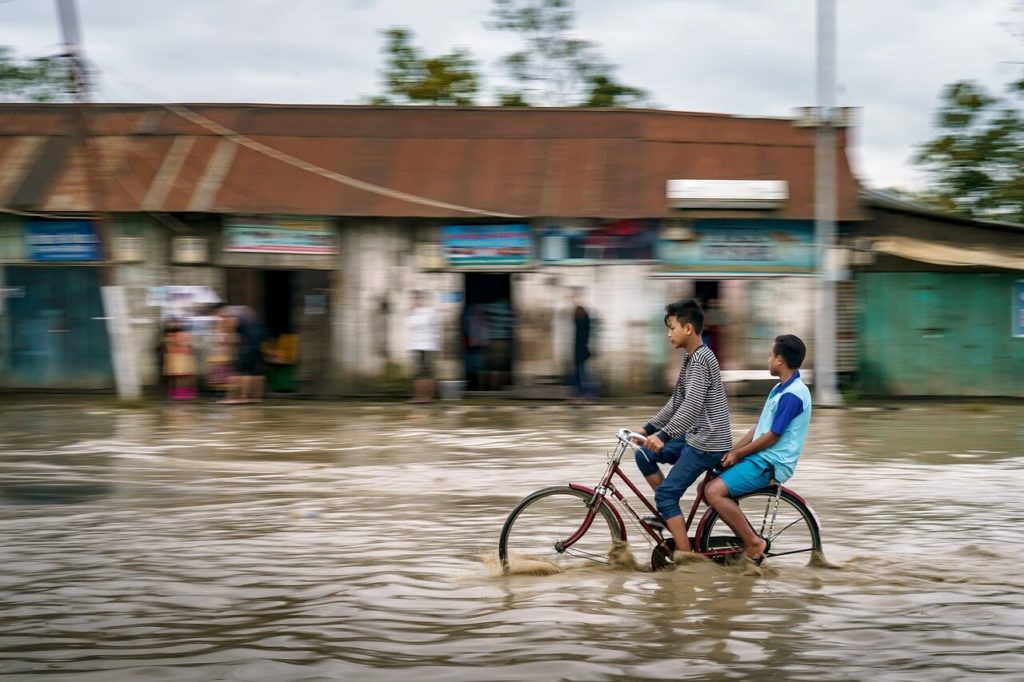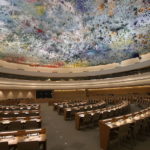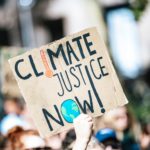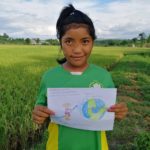Yes, Jakarta is sinking.
In fact, Jakarta is sinking by up to 9 inches a year. On New Year’s Day, the city received the most rainfall ever recorded in a 24-hour period since the 1860’s, triggering landslides and floods. Many people were displaced and some were injured or killed. With the continuation of unlicensed groundwater extraction contributing to land subsidence and sea level rise linked to climate change, some estimate as much as 95% of northern Jakarta could be immersed by 2050.
Jakarta is not alone. Countries in East Asia and the Pacific are among the most vulnerable in the world to human influenced environmental harm. Small island states such as Fiji, Tuvalu, Samoa and the Federated States of Micronesia face existential threats due to rising sea levels and extreme weather. The Democratic People’s Republic of Korea, Papua New Guinea and the Solomon Islands have some of the highest death rates attributable to air pollution. China, Indonesia, the Philippines, Thailand, and Vietnam are polluting oceans with plastic more than all other nations combined, harming wildlife and contaminating food supplies.
Yet it is the region’s children who suffer disproportionately from the consequences of environmental change and degradation. They are more likely to face multiple forms of harm, including disease, disability and death. In fact, in the last 15 years natural hazards destroyed nearly 50,000 schools in Indonesia alone. In East Asia, it is estimated that the lives of children affected by air pollution are shortened by 23 months. It is predicted that in 2030, there will be approximately 26,000 annual deaths in children below 5 years of age in Asia and the Pacific related to undernutrition attributable to climate change.

EAST ASIA AND THE PACIFIC COME TOGETHER
In October 2019, more than 100 people from East Asia and the Pacific – activists, technical experts, policy-makers, children and young people – came together in Bogor, Indonesia to identify region-specific solutions to address the environmental crisis and its impacts on children.
This conference was hosted by the Children’s Environmental Rights Initiative (CERI), which is running a series of regional consultations to help inform local policy-making and to develop a global charter or set of standards to be adopted by governments that will ensure children’s right to a healthy environment.
The consultation started with a team-building exercise for children and youth participants and was followed by two days of intergenerational workshops with key stakeholders to discuss environmental concerns, challenges, opportunities and recommendations. These sessions were informed by children’s submissions to an online poll, aiming to bring more representation for the voices of children and young people in the discussion. The consultation concluded with a public panel discussion hosted by the Indonesian Ministry for the Environment.
THE CHALLENGES
The most common region-specific challenges highlighted by participants included the climate crisis, natural disasters, forest fires linked to slash-and-burn practices, plastic pollution and the adverse impacts of large-scale infrastructure development and mining.
While all of these strongly impact children, the links to children’s rights are not always clear to the public and decision-makers, and children’s views are not often taken into account (even though they make up a large proportion of the population). This is partly due to the lack of disaggregated data and evidence-based policy information that is accessible to everyone including children. One of the major current deficiencies identified by children and youth was a lack of information and meaningful environmental education.
The lack of implementation and enforcement of existing laws and policies related to children and the environment was another challenge highlighted at the event. Participants further emphasized that environmental issues are strongly interrelated with poverty and patterns of inequality within countries and across borders.
“Come to our islands and see for yourself the destruction of our homes”
— Online poll participant, Samoa
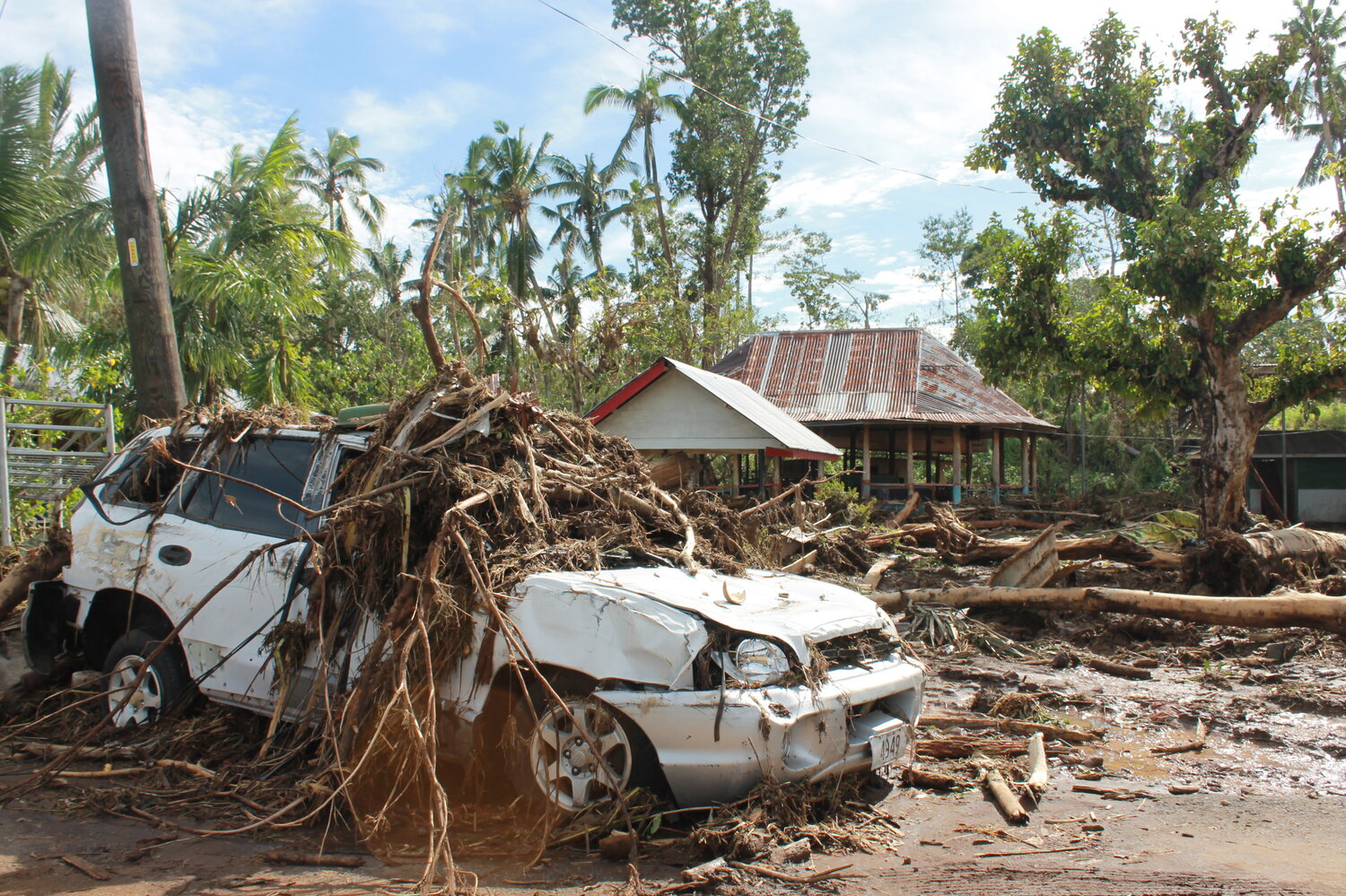
“Children are the next generation who will continue to live in our environment. We want all parties to not only hear the opinions of the officials, but the children who have often been ignored.”
— Online poll participant, Indonesia
RECOMMENDATIONS
The key recommendations for the global charter focused on the right to learn and be properly informed about the environment; support for youth-led processes and the right to be heard; the need to take account of children’s particular vulnerabilities; and a broad mandate addressing all relevant stakeholders and the general duty to protect the environment.
“Environmental education for all”
— Online poll participant, Australia
LOOKING TO THE FUTURE
The East Asia and Pacific region is making strides to protect children’s environmental rights. Together, Vietnam, Mongolia, Indonesia, Cambodia and Fiji have 150 laws related to children’s rights and the environment. Yet the region still must act urgently to address the many remaining challenges in protecting children’s environmental rights. A great place to start is by listening to the outcomes of the consultation. Only through collective action can we create a world where children are living in a safe and healthy environment, where Fiji’s sea levels are stable, Papua New Guinea’s air is clean, the Philippines’ oceans are free of toxins and Jakarta is no longer sinking.
To learn more about CERI’s East Asia and Pacific consultation please read the Outcome Report and partner presentations by UNICEF, World Health Organisation, Business and Human Rights Resource Centre, Greenpeace – Philippines Inquiry on Climate Change, Pesticides Action Network and WALHI.
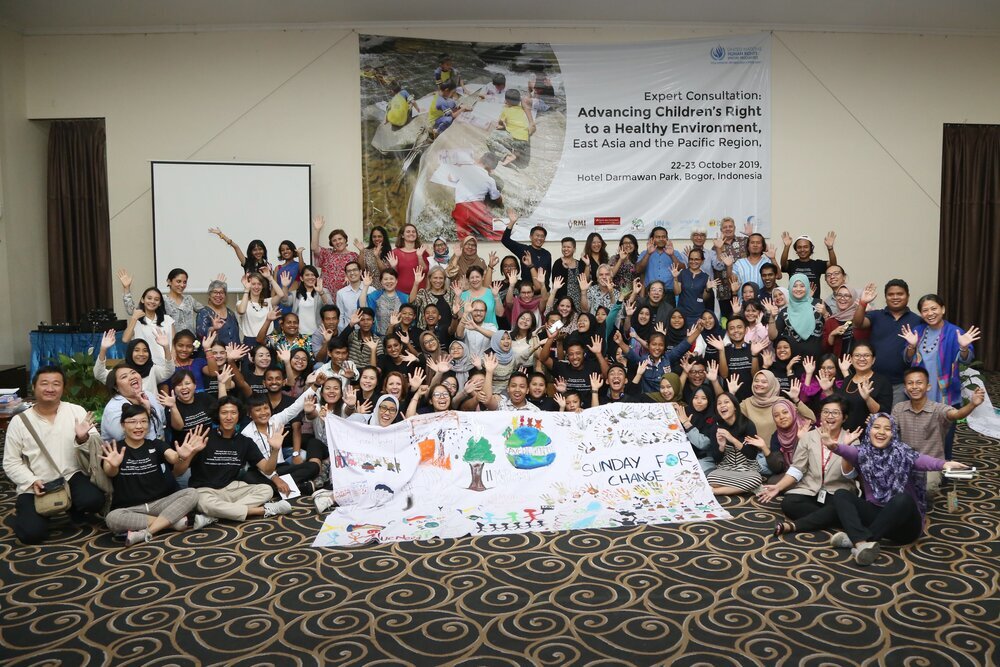
Kristen Cordero leads communications and advocacy for the Children’s Environmental Rights Initiative (CERI).
Jonas Schubert leads the Environmental Rights Campaign of Terre des Hommes, a core partner for the Children’s Environmental Rights Initiative (CERI).
